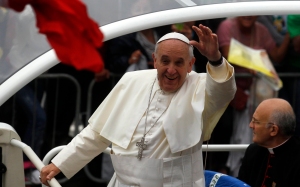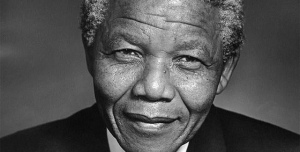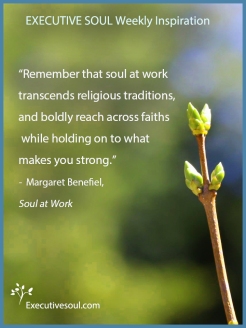Pope Francis, in his message for the World Day of Peace on January 1, stresses the concept of fraternity as the basis for a moral economy, moral society, and moral relationships among nations.
A longing for fraternity, the pope argues, lives within every human heart:
In the heart of every man and woman is the desire for a full life, including that irrepressible longing for fraternity which draws us to fellowship with others and enables us to see them not as enemies or rivals, but as brothers and sisters to be accepted and embraced. Fraternity is an essential human quality, for we are relational beings. A lively awareness of our relatedness helps us to look upon and to treat each person as a true sister or brother; without fraternity it is impossible to build a just society and a solid and lasting peace.
Too often, Pope Francis explains, this human desire for fraternity has been undermined by other human inclinations, those of selfishness, envy, and greed. He argues that those inclinations form a poor foundation for human societies and economies, and that we must build a foundation for society and the economy based on the “transcendent dimension” of humanity:
The necessary realism proper to politics and economy cannot be reduced to mere technical know-how bereft of ideals and unconcerned with the transcendent dimension of man.
With this transcendent dimension lacking, “every human activity is impoverished and persons are reduced to objects that can be exploited.”
In turning to an explicit focus on the economy, Pope Francis criticizes “the greedy pursuit of material goods on the one hand, and the impoverishment of interpersonal and community relations on the other” which have pushed people to “seek satisfaction, happiness, and security in consumption and earnings out of all proportion to the principles of a sound economy” and led to serious economic crises.
When his criticism of “unfettered capitalism” was labeled “Marxist,” Pope Francis responded:
The Marxist ideology is wrong. But I have met many Marxists in my life who are good people, so I don’t feel offended. There is nothing in [my] Exhortation that cannot be found in the social Doctrine of the Church.
Pope Francis brings his deepest values to his understanding of the economy. The economy is meant to serve men and women, to provide a means for them to flourish in the world. Men and women were not created to serve the economy. Quoting Pope John Paul II, Pope Francis emphasized that humans are not to be “exploited at low cost and then discarded when no longer useful.”
On this World Day of Peace, Pope Francis brings a much-needed values-based perspective to discussions about the economy. May leaders the world over heed his call to bring the moral dimension into economic discussions. Without it, we are lost.

















